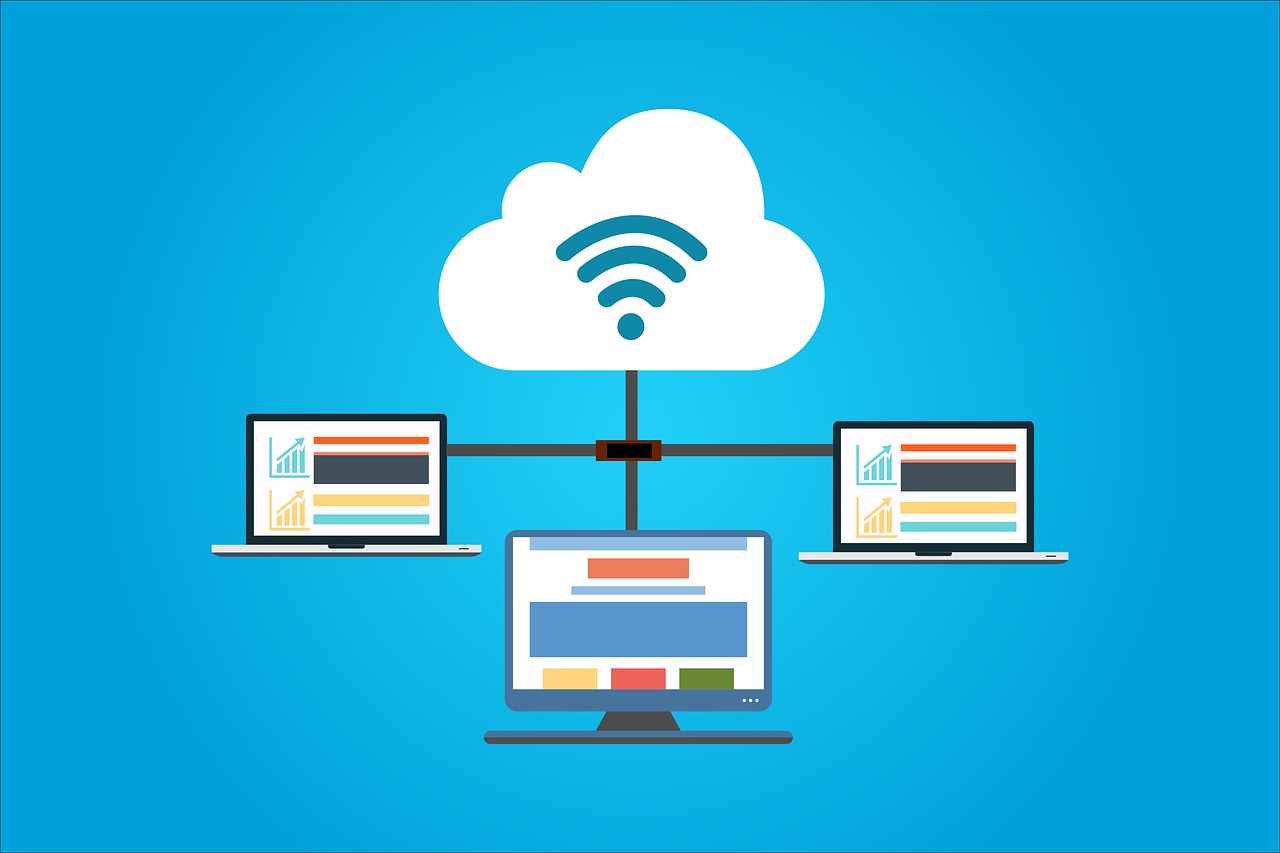Cloud compliance is more than just a buzzword—it’s the way to stay on the right side of the law.
Cloud computing in New York has changed the way we do business, and it’s not going anywhere. That means we have to make sure that our data is secure and safe, or else we could face legal consequences.

But what is cloud compliance? And why is it so important? We’ll tell you all about it in this blog post!
What’s cloud compliance?
Cloud compliance is the process of making sure you meet all the standards and regulations that your organization needs to maintain for its cloud services.
Cloud compliance is about meeting the standards and regulations that are specific to your industry, as well as those that are common across many industries (like HIPAA). It also includes ensuring that your data is secured in accordance with any industry-specific or general security standards.
The purpose of cloud compliance is to help you keep your company safe and protect your customers’ data.
Why is cloud compliance important?
Cloud compliance is important because it helps companies meet their obligations to their customers and to the government, which can be an overwhelming task.
Cloud computing allows companies to store data in one location and access it from anywhere. This means that companies don’t have to worry about setting up local servers or maintaining them. The cloud makes it easy for companies to scale their operations by expanding their business across the globe—but it also means that they need a way to keep track of what’s happening with customers’ data.
Cloud compliance ensures that companies can provide the same level of service for their customers, whether they’re located in New York or London. It also ensures that organizations are compliant with various regulations and legislation, including PCI DSS, HIPAA/HITECH, Sarbanes-Oxley Act (SOX), GLBA, GDPR and more.
How to achieve cloud compliance?
Whether you’re trying to stay HIPAA compliant or keep up with the latest security regulations, here are some tips on how to achieve cloud compliance:
- Understand how your data will be stored and accessed by your users.
- Make sure that all of your systems are well-maintained and secure.
- Ensure that you have the right tools in place to monitor your system for vulnerabilities and breaches.
- Use encryption and other security measures wherever possible.
Cloud Computing in New York has gotten more accessible and affordable with CompCiti. They will take your network to a whole new level with their customized Cloud Services. Contact CompCiti today for all sorts of IT solutions in New York!
Disclaimer:
This content is created and provided by a third-party online content writer on behalf of CompCiti and is for promotional purposes only. CompCiti does not take any responsibility on the accuracy of this article.




